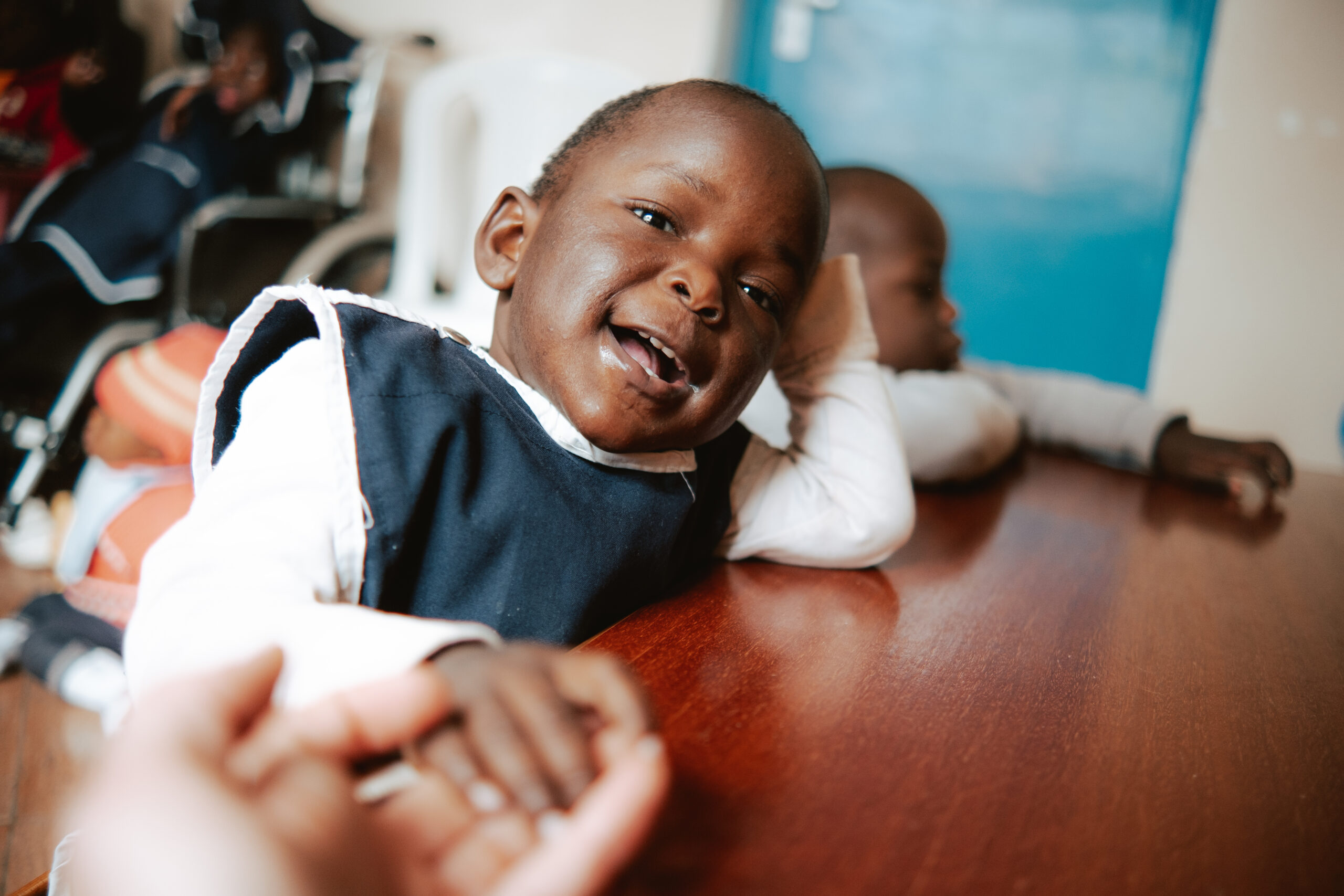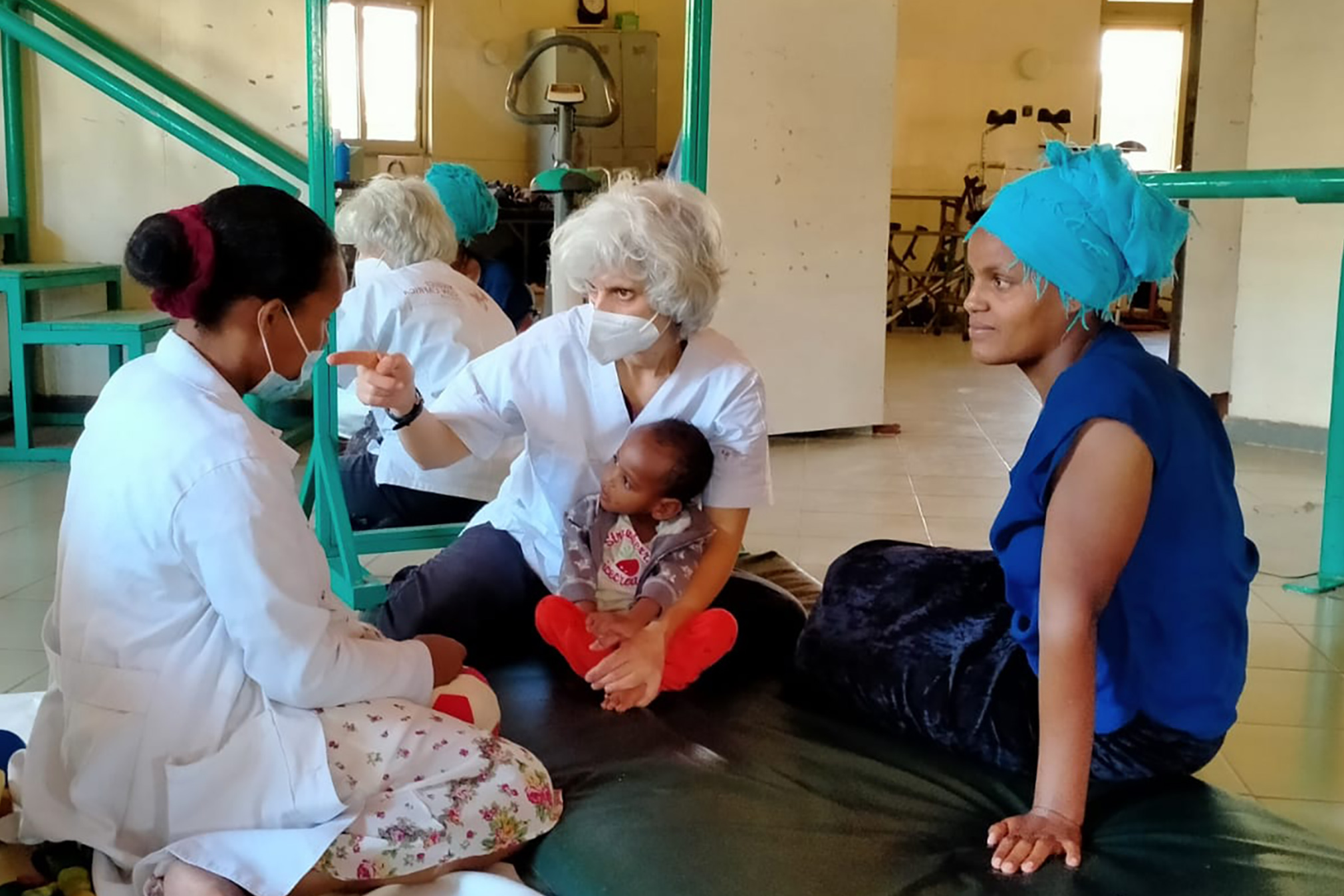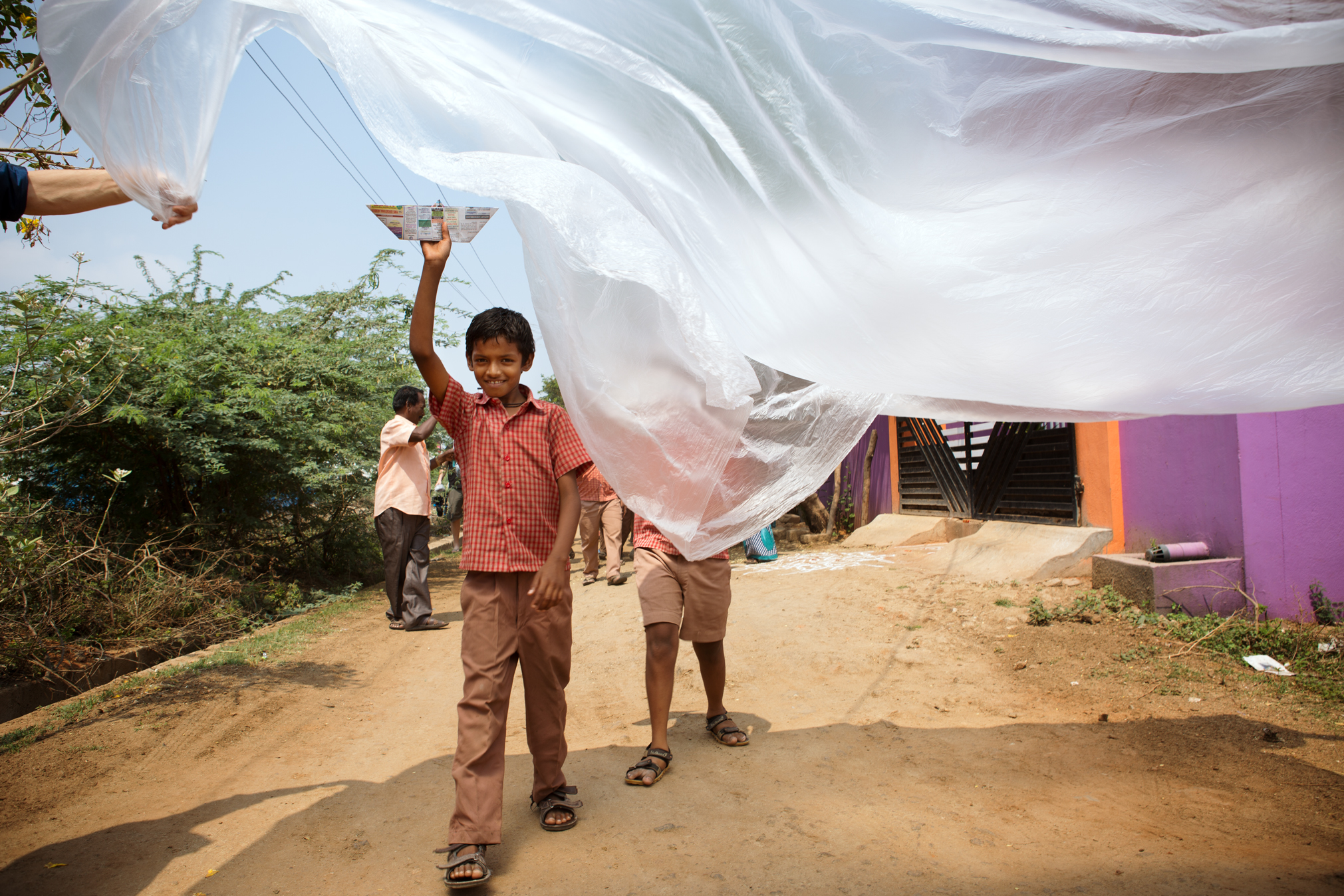The problem and the context
There is no national indicator for the prevalence of child disability in the country, but UNICEF estimates that it is 13.5% of children and young people aged 0-21. Infections during pregnancy, malnutrition, conditions of childbirth, diseases and infections in the first months and years of life are among
the principal causes of disability (UNICEF, 2017).
Cerebral palsy, spina bifida, skeletal malformations, delays in motor and cognitive development, relational disorders such as various degrees and forms of autism are widespread. Insufficient and inaccessible are the rehabilitation services for those experiencing a disability, neurological or psychiatric disorder. The problems worsen in a reality as disrupted as Kibera (Nairobi),one of the most densely populated, poor and problematic shanty towns of all sub-Saharan Africa. It is estimated that the population of Kibera, difficult to census precisely, amounts to at least 400,000 people, more than half without a job. The inhabitants live in conditions of extreme poverty, in small tin shacks, separated by narrow lanes in clay, without access to essential services like water and toilets.
This fragile reality has been hit even harder by the economic crisis that followed the pandemic.
The stigma towards people with mental illnesses is still very high, children who suffer of them live closed in their houses and often die prematurely, in numerous and extremely poor families.
The belief that children can be possessed by evil spirits is still rooted. In this context Cittadinanza has been working for years with the association Koinonia Community.
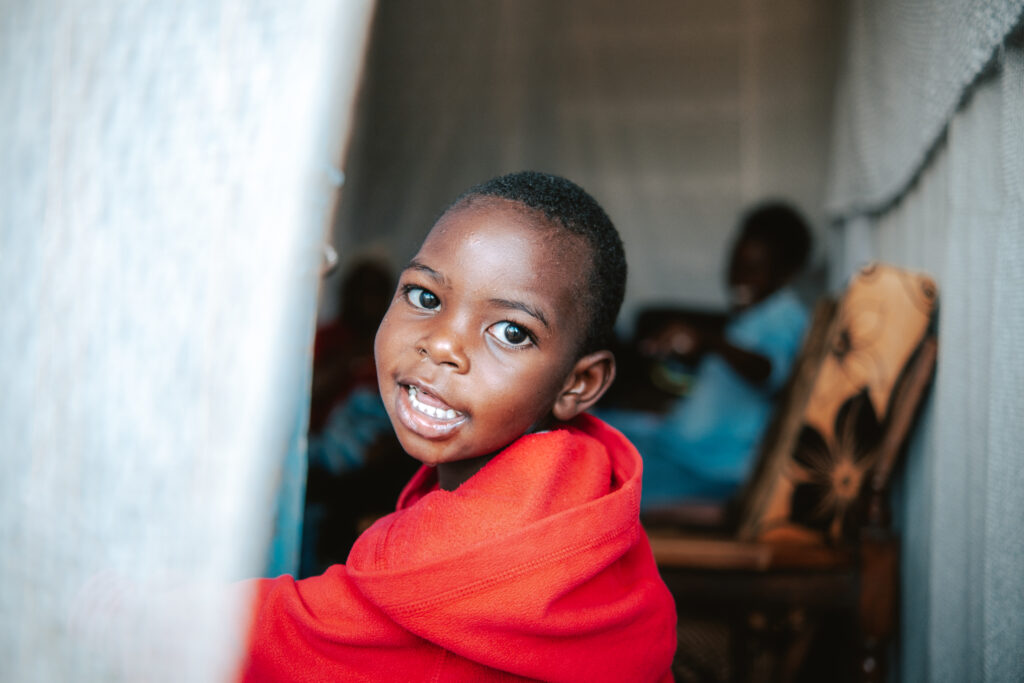
The response of Cittadinanza
The centre Paolo’s Home
Paolo’s Home center was born in 2008 from the initiative of a group of people from Fabriano to remember their friend Paolo Borioni, who passed away recently. The center was created to provide physiotherapy to children with disabilities. With the arrival of Cittadinanza in 2013, the center has expanded and enriched with services.
Since 2013 we have been supporting the centre Paolo’s Home, which assists children with psychophysical disabilities in Kibera. The centre was opened in 2008 by the Association Koinonia Community and since then it has reached 995 children with different conditions. In 2013, next to the physiotherapy clinic was inaugurated the day centre, which follows daily 20 children with a continuous and individualised path.
The project is led by local professionals, assisted by the commitment of Bruna Sironi, a Cittadinanza volunteer resident in Nairobi, in charge of on-site coordination and under the scientific supervision of volunteer experts who alternate between remote supervision and short missions in Nairobi.
The centre Paolo’s Home can rely on a multidisciplinary staff of Kenyan professionals, including physiotherapists, occupational therapists, psychologists, social workers, teachers, speech therapists.
Staff members work at the Kibera site and at the Kivuli Centre, in the Riruta neighbourhood, and carry out regular home visits and awareness-raising interventions in order to engage the community and counteract isolation, discrimination and prejudice, which affect children and their families.
The centre Paolo’s Home is named after the memory of Paolo Borioni, from Fabriano.
“ I’ll say just a few words about him because it seems right to do so in order to better understand what lies behind this project. Paolo was the person who taught me to love life. A boy full of an unconditional love for life. When he was only a few years old, he was diagnosed with muscular dystrophy and within a short time the disease forced him into a wheelchair and eventually rendered him completely ill. Only one muscle continued to work for all his life, his smile muscle.
When I was in middle school I would spend many afternoons with him, I liked being in his company.
I liked seeing him attack life with a passion for computer science and without any shame or embarrassment in front of anyone. He used to go out with his wheelchair, rather hi-tech at the time, and he would go on long walks with my father, and I liked being with them. He fought all his life for the rights of disabled people, to obtain the acknowledgement of dignity, which unfortunately sometimes takes a back seat.Paolo loved life and I remember him as a river full of ideas, good thoughts, optimism, desire to always discover new things, to fight for the right of the weakest.”
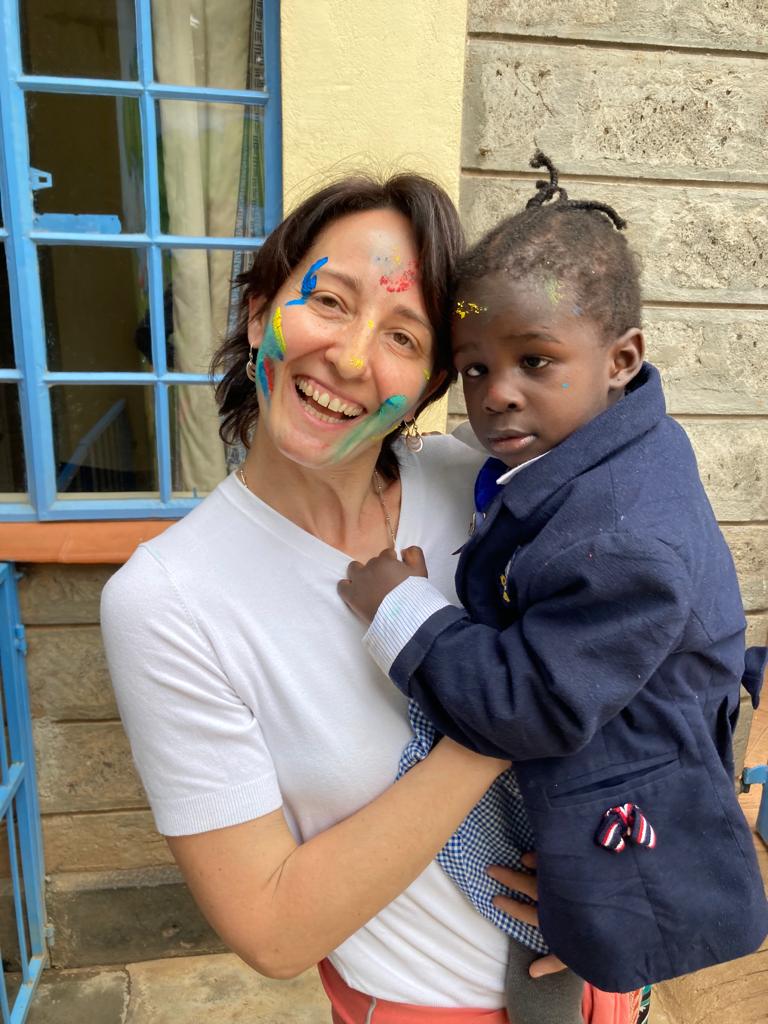
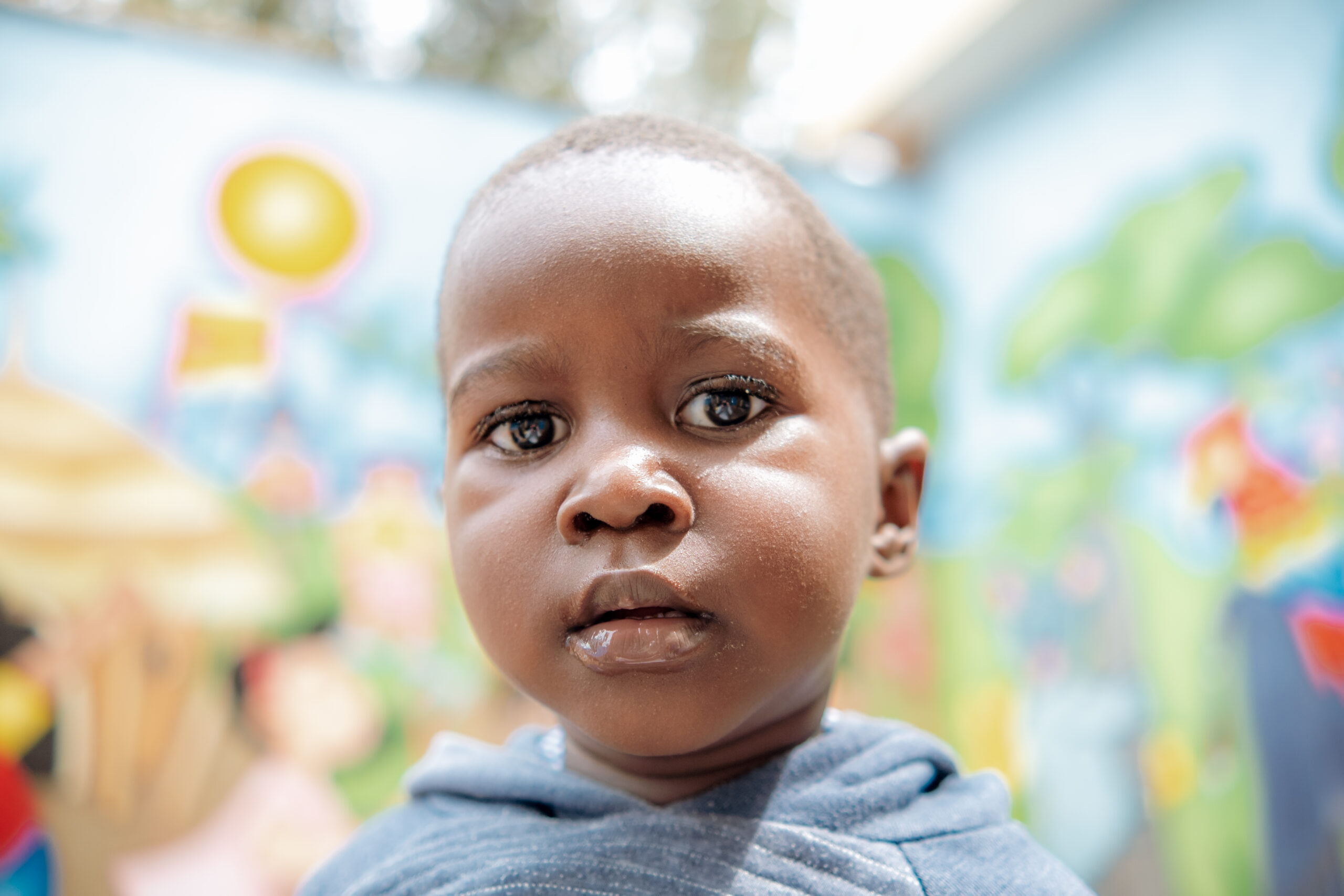
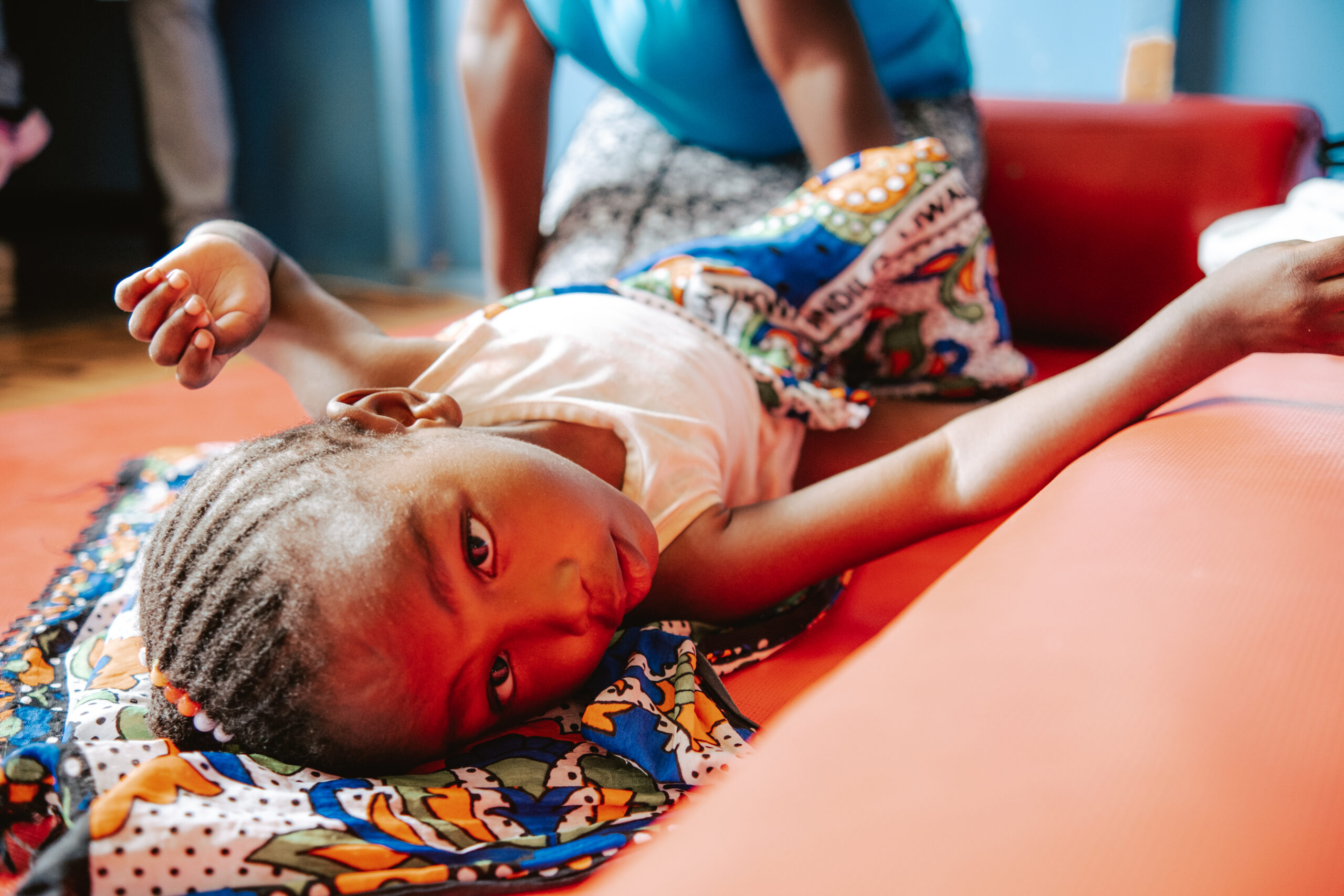
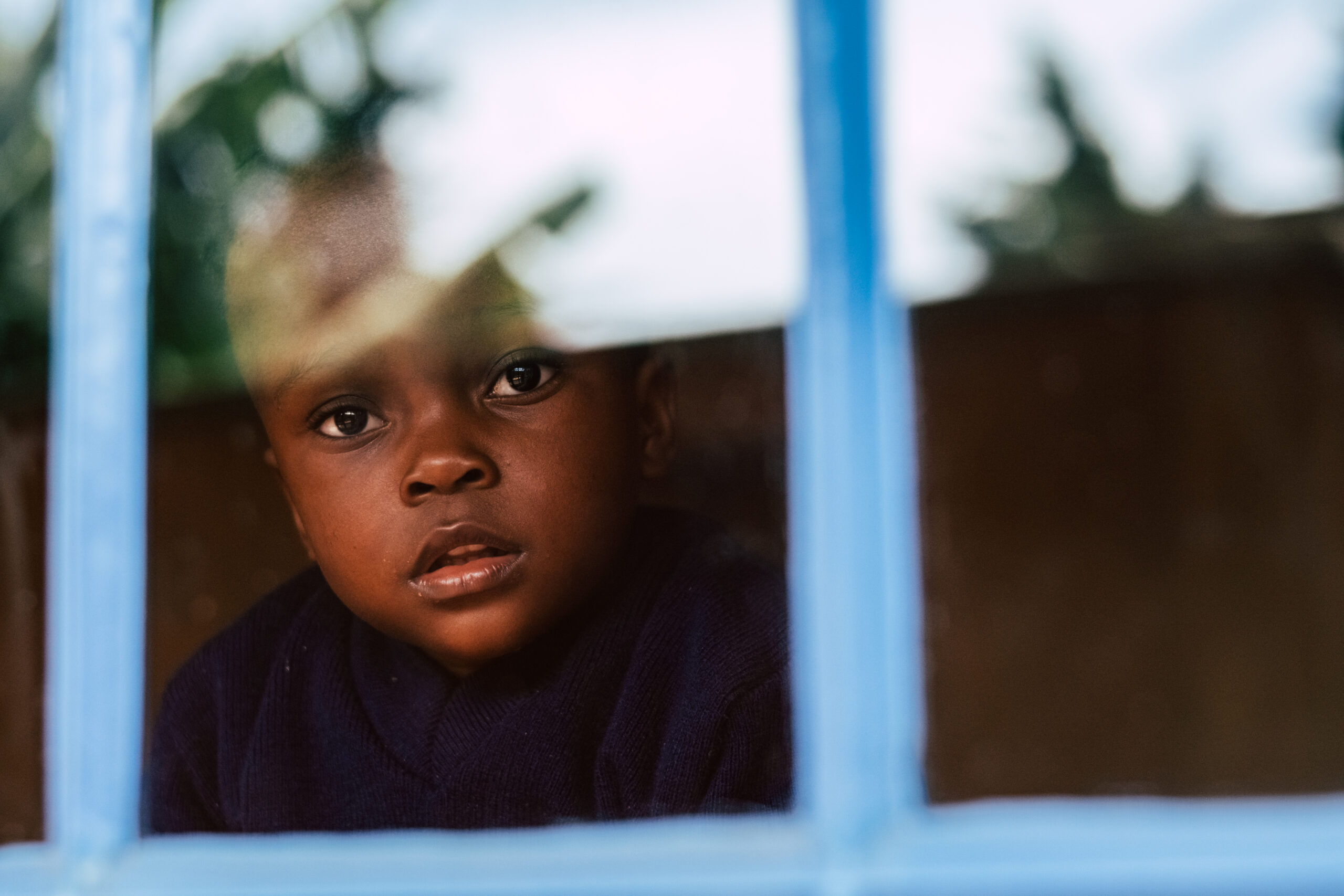
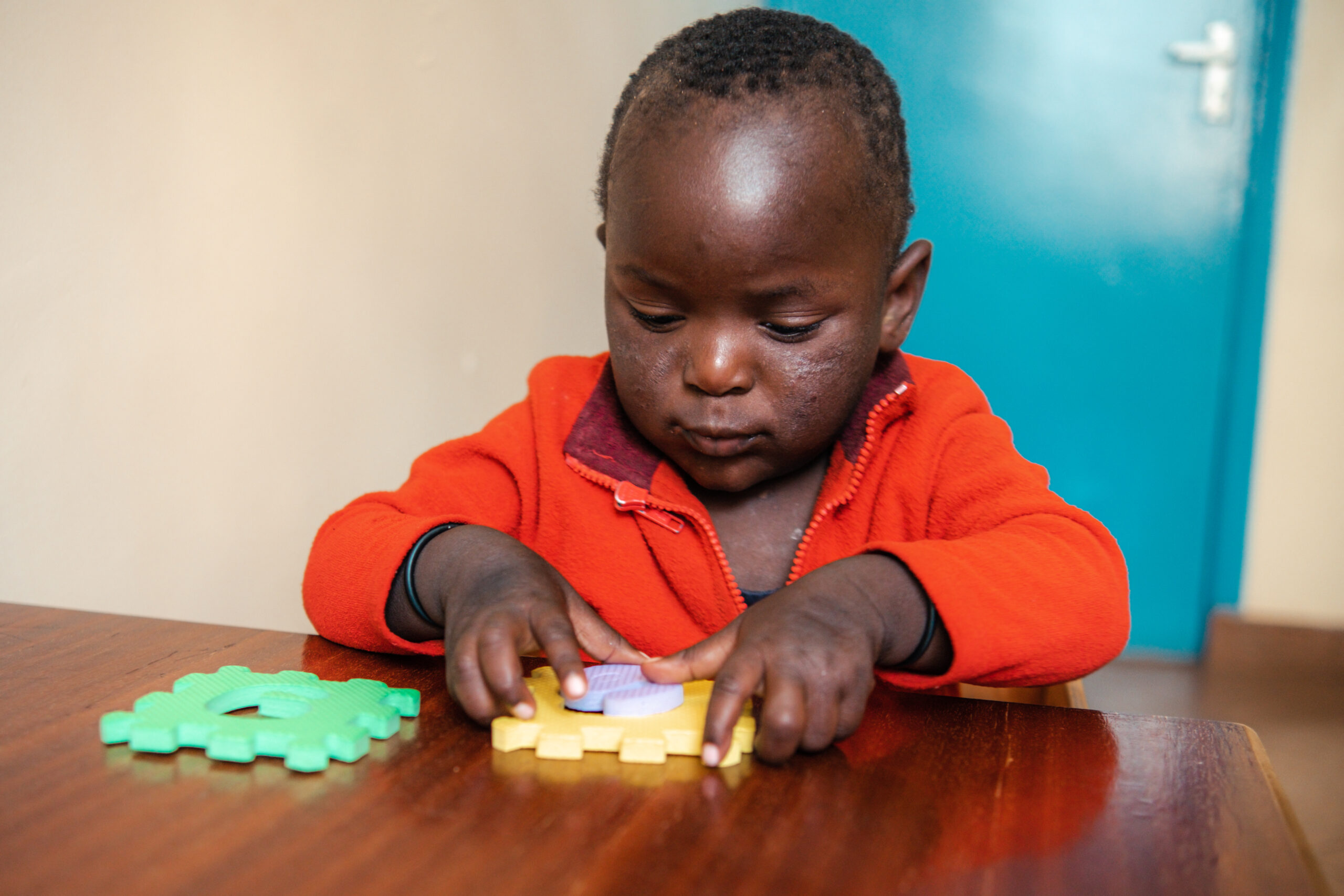
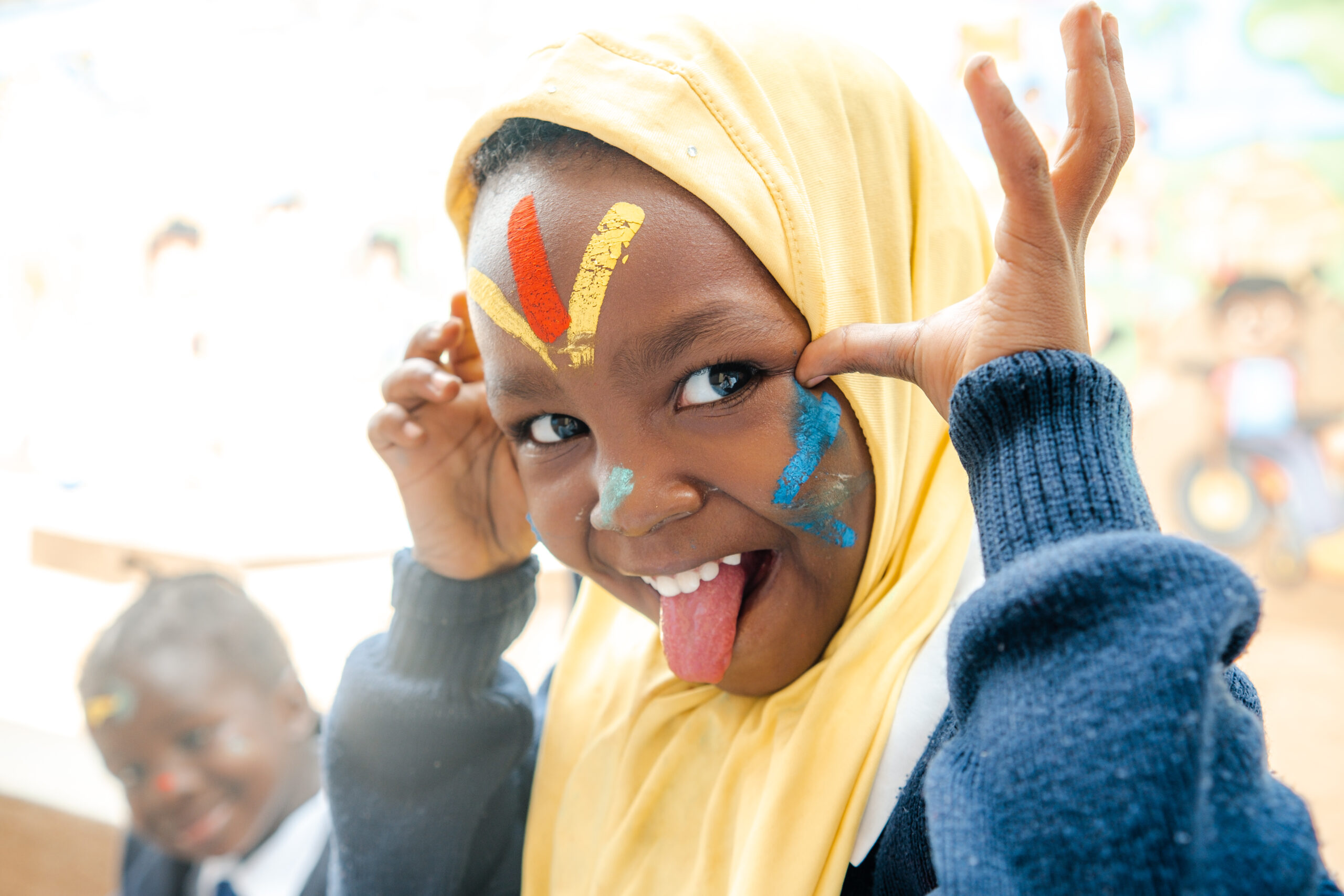
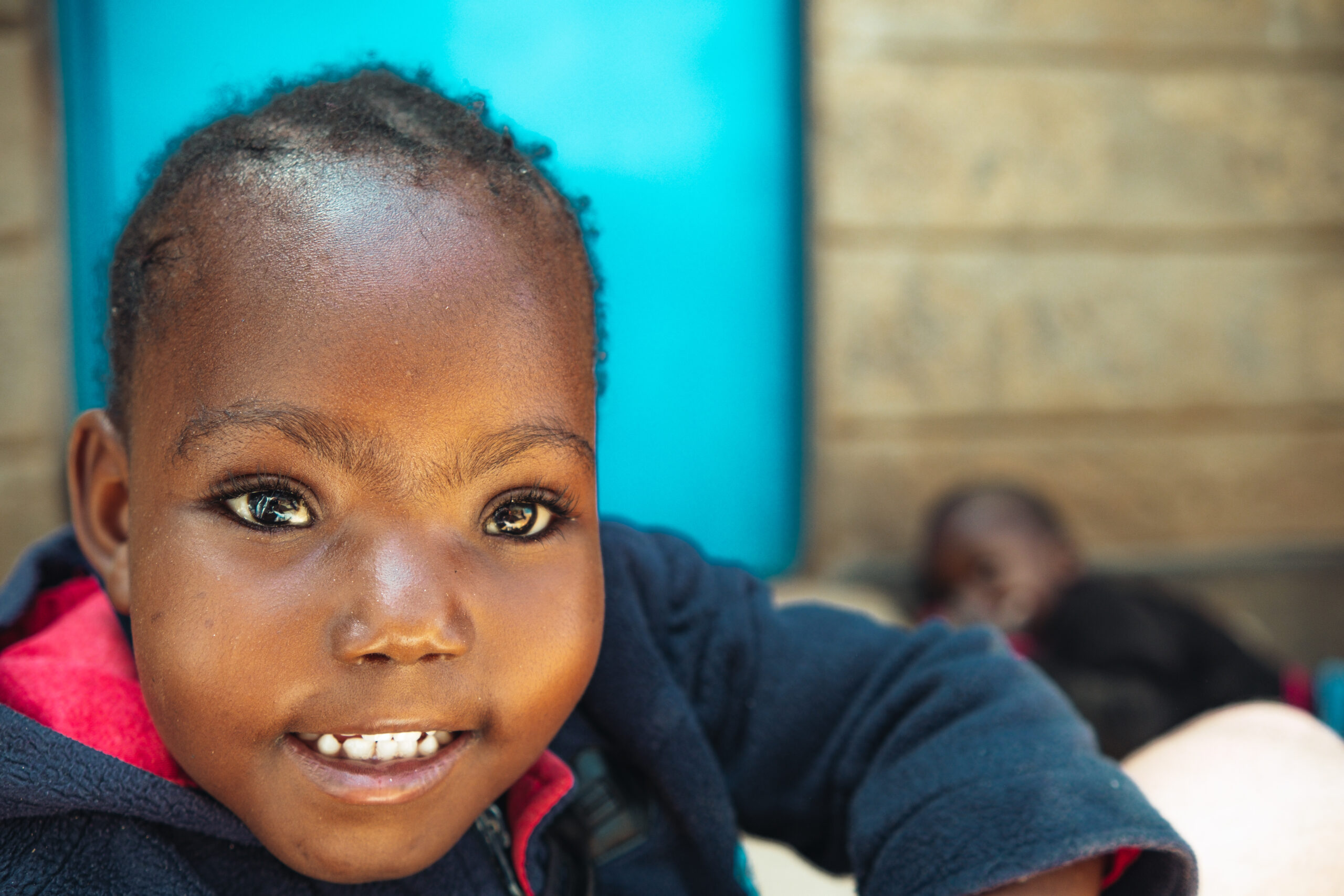
The centre’s activities
The path towards the development and inclusion of children and their families is made up of small steps, with activities that complement each other to answer the needs of those who turn to the centre:
Children
HEALTCARE PROGRAMME
guarantees specialist medical visits and instrumental examinations at local and affiliated health centres, to define the diagnosis and understand the therapeutic path to follow. The programme guarantees also free access to medicines for chronic conditions as epilepsy.
PHYSIOTHERAPY PROGRAMME
for children who attend the clinic and the day centre, to reach motor autonomy.
DAY CENTRE
for 20 children who every day receive 2 meals and personalised rehabilitation and educational activities to reach cognitive and motor development.
SPEECH THERAPY PROGRAMME
to create a greater interaction with other children and facilitate inclusion at school.
SCHOOL INCLUSION PROGRAMME
which includes the contribution to tuition costs, canteen, uniforms.
Adults
PSYCHOSOCIAL SUPPORT PROGRAMME
dedicated to young mothers, with individual and group sessions, to help them overcome traumas, understand and accept their child’s conditions, know the real causes of disability and walk tall again, without experiencing shame in front of the community.
ECONOMIC EMPOWERMENT PROGRAMME
aimed at mothers, to initiate professional training courses, create income opportunities through the production and marketing of products, involve them in the savings and revolving loan group.
MENTOR MOTHERS PROGRAMME
to involve mothers in their children’s rehabilitation process, offering them the opportunity to work in turn at the centre in the preparation of meals and the care of children in the day centre.
TEACHER TRAINING
to reach and facilitate school inclusion of children with disabilities in classes with other children.
AWARENESS PROGRAMME
to raise awareness in the community about the rights of children with disabilities and fight stigma and superstition, through door-to-door campaigns, radio programmes, events and an annual march through the streets of Kibera in occasion of the International Day of People with disabilities (3rd December).
995 children
have been assisted by Paolo’s Home
Since 2008:
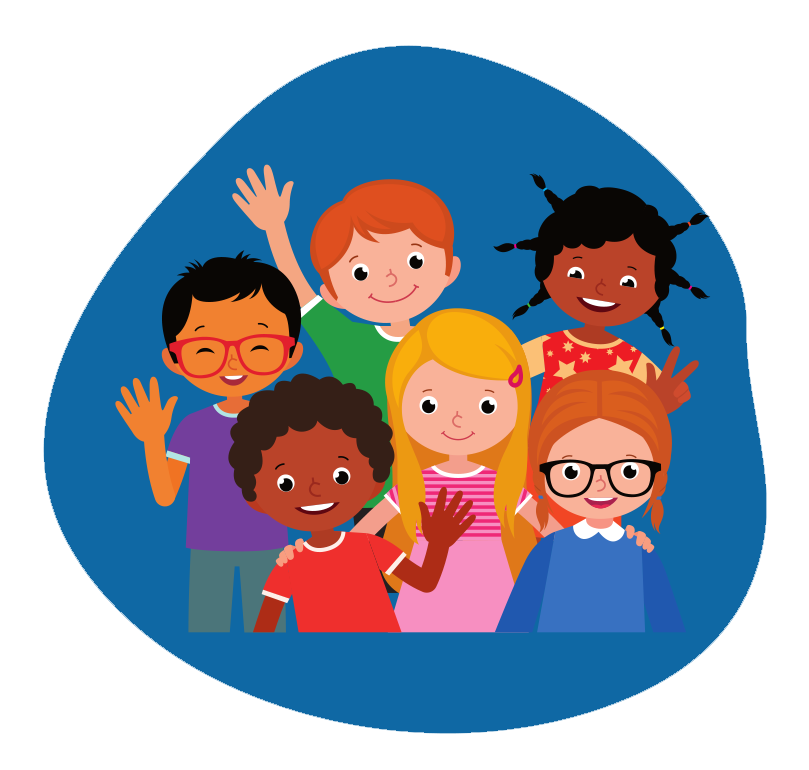
In 2021:
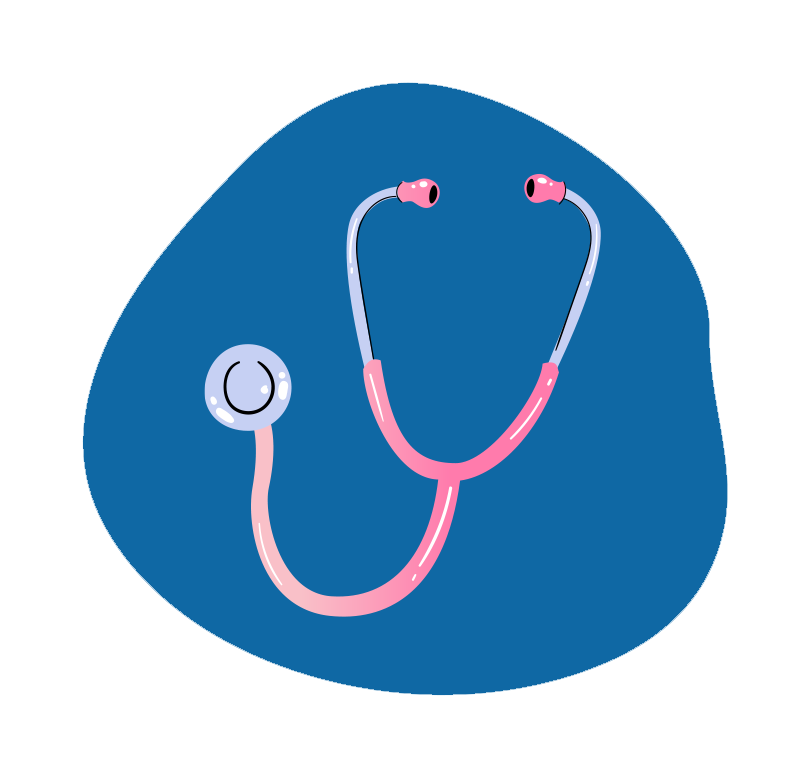
224 children
reached by physiotherapy
24 children
followed in school inclusion
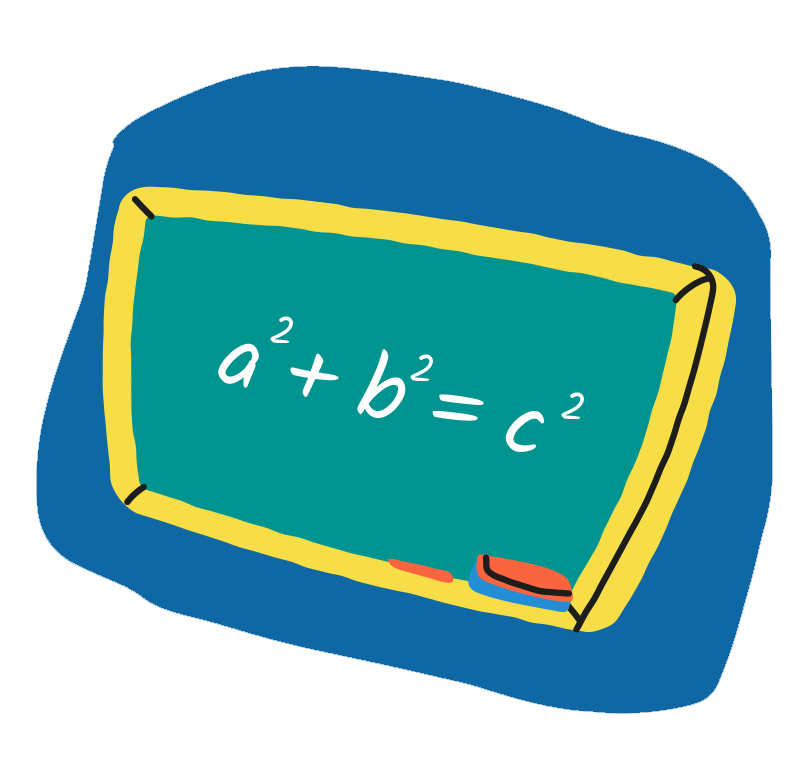
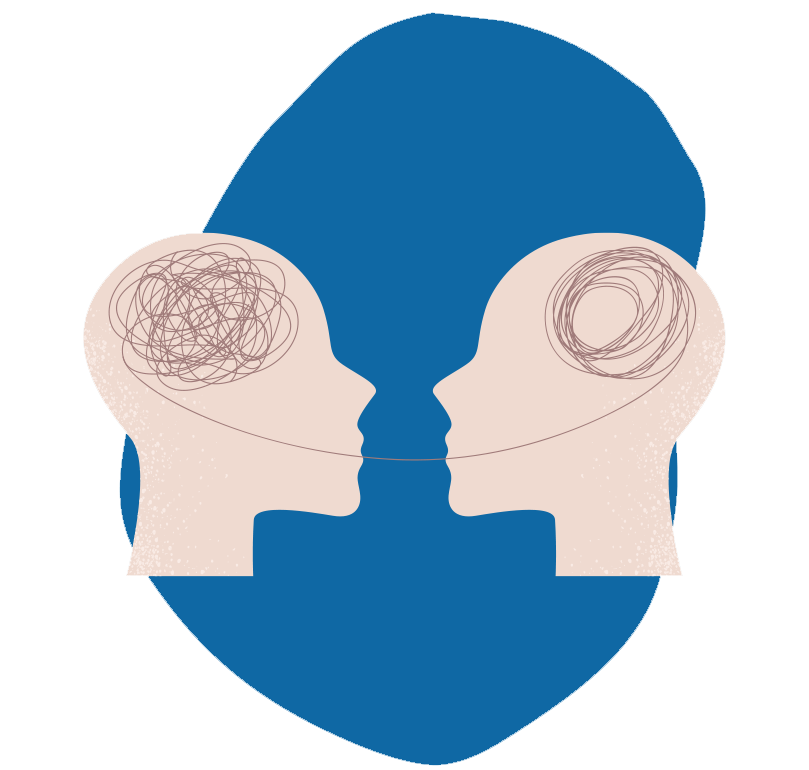
51 young mothers
reached with individual, group and home psychological support
48 teachers
trained through two courses on disability
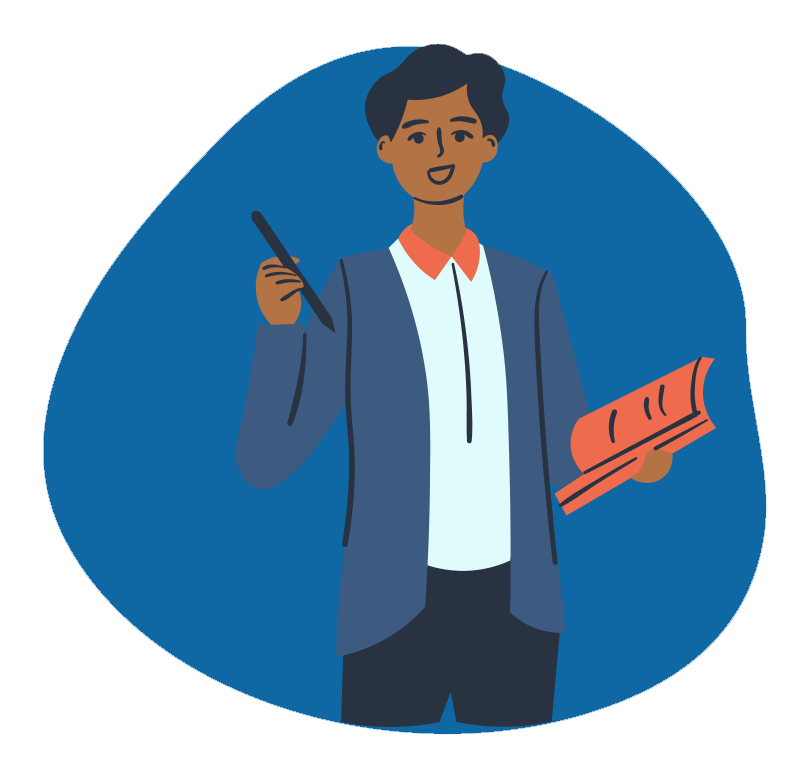

71 parents
involved in savings and credit groups for the creation of income generating activities
10 meetings
of remote supervision with Italian psychologists

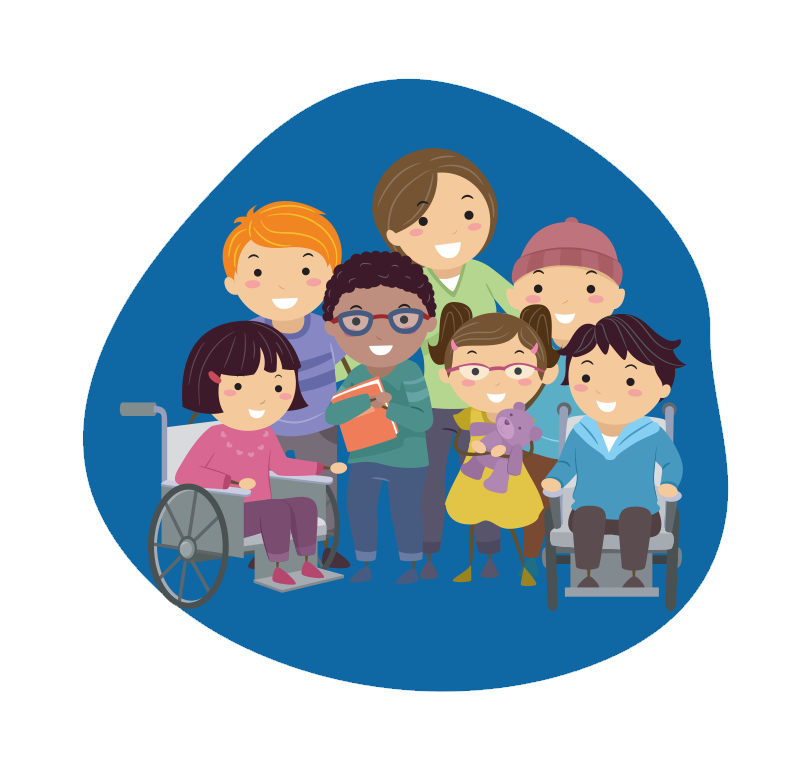
more than 1.000 people
reached by the awareness events organised by Paolo’s Home

995 bambini
assistiti da Paolo’s Home
dal 2008 al 2021
Nel 2021:

224 bambini
assistiti con visite e farmaci

24 bambini
seguiti nell’inserimento a scuola

51 giovani madri
raggiunte con supporto psicologico, individuale, di gruppo e a domicilio

48 insegnanti
formati tramite due corsi sulla disabilità

71 genitori
coinvolti in gruppi di risparmio e credito per l’avvio di attività generatrici di reddito

10 riunioni
di supervisione a distanza con gli psicologi italiani

più di 1.000 persone
raggiunte dagli eventi di sensibilizzazione organizzati da Paolo’s Home
Cittadinanza’s intervention benefits from the contribution of the Irma Romagnoli Foundation, Otto per Mille funds from the Waldensian Church and many private supporters. Starting from July 2021 Cittadinanza’s activities in Nairobi are part of the project SPARK 2 – Health Protection, Access to Food, Rehabilitation, and empowerment for children with disabilities and their mothers in disadvantaged areas of Nairobi (Kenya) Phase 2 – CUP n. E49J21016600009 financed by the Region Emilia-Romagna.
The challenges for the future
- Equipping adequate spaces to offer more than 100 families in Riruta the same services that have been developed successfully in Kibera (psychosocial support, economic empowerment, individual therapies, speech therapy and cognitive development, home visits, day centre);
- increasing the capacity of Paolo’s Home to network with health services, government offices, rights, and advocacy associations;
- strengthening collaboration with schools, which remains a fundamental step for the effective inclusion of children with disabilities;
- consolidate, through on-site missions and remote meetings, collaboration and exchange between Italian and Kenyan professionals, both on counselling and cognitive and motor rehabilitation.
